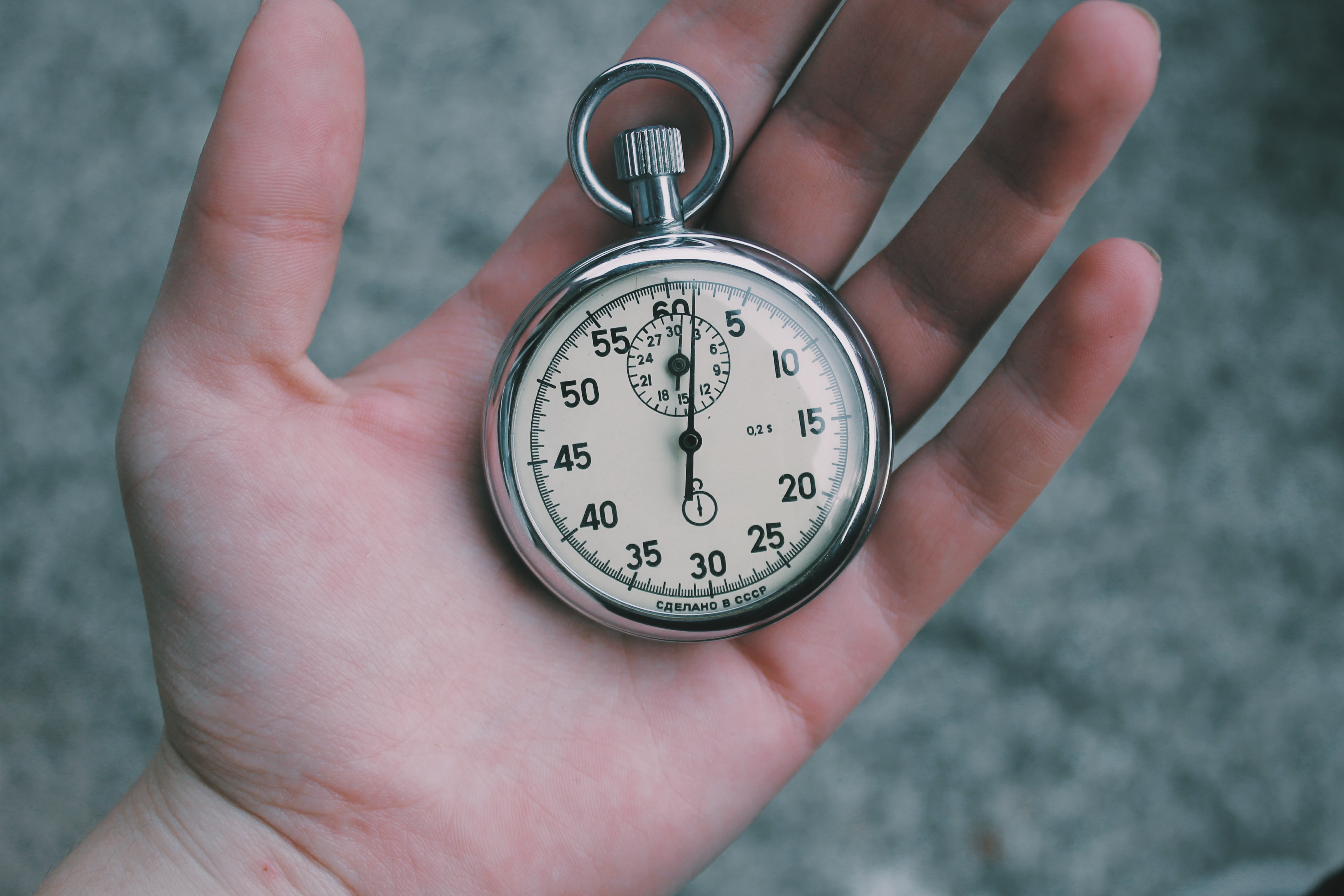Posted: 29 October 2021
No time to die

After the premiere of the new chapter of the James Bond movie, the last one in which Daniel Craig will be starring and saw a significant part of the British royal family at its first screening, including Kate Middleton wearing a goldfinger-worthy golden gown. Similarly, Glasgow’s upcoming international conference is this year’s most important and most anticipated event, taking place from October 31st to November 12th. It will be a glamourous runway for the world’s leaders, activists, civilians, and experts; meetings and events will run during the whole summit. Sir David Attenborough will attend, including the un- faltering Greta Thunberg and even the Queen (who will attend virtually due to health reasons). It will be the time for spectacular action scenes, especially outside the building where the meetings will take place, luxury cars, rainy locations, and powerful organizations with slightly subversive plans. We will see villains with hidden bases on lost islands, machiavellian and omniscient characters that will direct the action while comfortably sitting on the armchairs of their corporate buildings, deus-ex- machina people with last-minute plans to save the day.
It will be the time of infinite discussions of americano coffee instead of martinis (shaken, not stirred), hope, disappointments, slogans, funny jokes and smiles behind masks, elbow hellos, and frenemies who didn’t meet in person since 2019.
The infinite discussions of diplomacy and ruthlessness, convergent and divergent interests, and in- deed of humanity take place during these meetings. The Conferences of Parties, or COP, an annual meeting between the participated countries since 1995 and have been an opportunity for the negotiators of almost 200 countries to meet, work for a global reduction of emissions, review their progress on climate change pol- icy and decide the best ways to move forward.
The wait for Glasgow’s summit is almost unbearable, and expectations are incredibly high. Five years have passed since the Paris Agreement of 2015.
Without considering the ‘stop’ imposed by the pandemic, it is, therefore, the right moment to present and renew the national plans to reduce emissions, with the explicit goal to reach net-zero by 2050 and limit global warming to 1,5 degrees compared with pre-industrial levels. Many topics are still unresolved before the meetings kickstart: the lack of an official response from China, India, Russia, Brazil, and Australia on regards to their national reduction goals, and the expectation on the rash confrontation on article6 of the Paris Agreements, which regulates international carbon trading and the role that climate finance will play to incentivize decarbonization. The vigorous crisis we have seen in the latest months has struck China more than other countries and has highlighted the difficulty of cutting the dependency of global economies on fossil fuels, right when the world is preparing to declare the end of the coal era. The country has then taken the worst position possible while in contradiction with the politics of President Xi Jinping on decarbonization: it has increased its coal extraction. In this case, the COP will fail; it is obvious who will take part in the blame. For months now, the ‘homeowner’ Boris Johnson has been stressing that this summit must succeed. Talking to the plenary of the UN in September, he declared that COP26 would have been the “turning point” for humanity, exporting that reassuring although sensationalistic trait of his political persona very familiar to his domestic public. This time for the Britain PM, what is at stake goes beyond the climate crisis. The summit indeed represents an opportunity for the UK after Brexit to demonstrate its true leadership against this menace for our planet. The general context in which the summit will take place, however, isn’t quite as simple.
We are still in the middle of a pandemic after all.
Not every country has had the same ease to access to vaccines, and we still don’t have complete freedom for international trips. All this without considering the complicated relationship between the UK and the EU and between the USA and China. However, the results of the German elections took an essential role in politics for the first time in his- tory, which will probably strengthen the push of the Green Deal. At the same time, the new US presidency has surpassed the climate-change denial of its previous one and will likely provide some serious hope that the world’s countries have probably (and finally) understood that it is more import- ant to put aside their confrontations and conflicts for the greater good, to safeguard the common interest which is Earth’s climate. “No time to die” is not, in this case, a title of a movie but indeed a hope that our planet’s leaders will not sentence us to another exhibition of empty words, which year after year are bringing us closer to collapse and disastrous consequences.